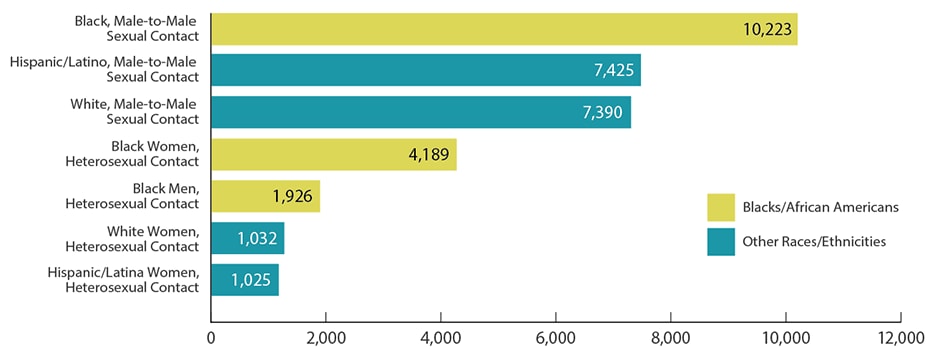Normally I avoid "serious" topics. It's not what I originally intended when I started blogging. I had ideas for all kinds of things I wanted to write about. But as time went on I just wanted my blog to be a place of lighter topics. There's so much going on in the world...this was kind of my escape.
Until I was reading in a gossip blog (probably not the best use of my time) and came across some very concerning facts.
From the CDC website
Blacks/African Americansa account for a higher proportion of new HIV diagnoses, those living with HIV, and those who have ever received an AIDS diagnosis, compared to other races/ethnicities. In 2016, African Americans accounted for 44% of HIV diagnoses, though they comprise 12% of the U.S. population.b

Black women accounted for 4,189 new diagnosis in 2016. How can this be and why? What can we do to stop this disease?
Per the CDC website:
Stigma, fear, discrimination, and homophobia may place many African Americans at higher risk for HIV. Also, the poverty rate is higher among African Americans than other racial/ethnic groups. The socioeconomic issues associated with poverty—including limited access to high-quality health care, housing, and HIV prevention education—directly and indirectly increase the risk for HIV infection and affect the health of people living with and at risk for HIV. These factors may explain why African Americans have worse outcomes on the HIV continuum of care, including lower rates of linkage to care and viral suppression.
These numbers shocked me. I remember learning about HIV/AIDS in high school. Which was 10+ years ago (I'm old ya'll!). Since I've learned about it in high school, there have been some advances. People diagnosed can live 20+ years if they take their medication. Which is great. But as my high school teacher stressed to me, it's a VIRUS. And a virus is never curable.
Another Advance...home HIV tests. They range from $45-60 and you can have your results in about an hour. There are some limitations to the test so I would recommend really researching and reading before taking one.
These are some stories that I think everyone should hear that should help break down any possible stigmas.
There are many more people sharing their stories and speaking out to make a difference. Especially on youtube from people as young as 20.
We need to protect ourselves.


No comments:
Post a Comment